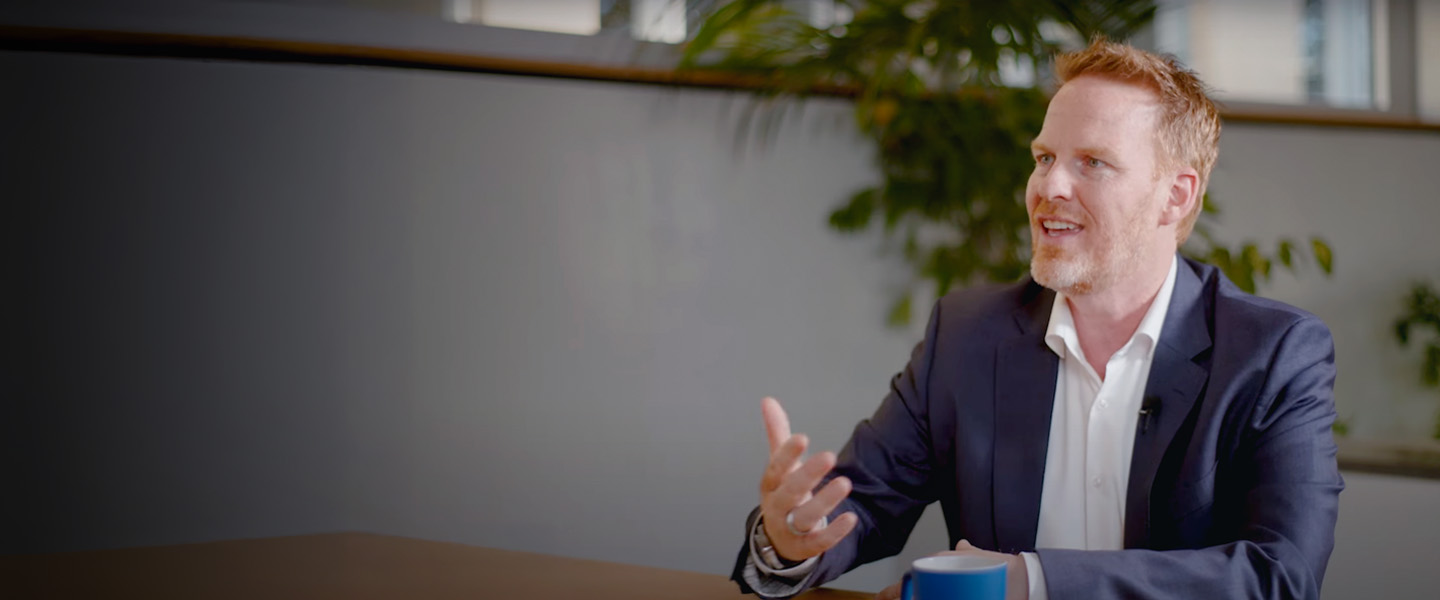
Preparing to be at the wheel – why family business education matters!
All over the world, families are looking for recipes to well prepare their next generations as potential successors for operational or board roles with businesses and family organizations. Educating the next generation on family business matters is complex for both senior and next-generation family members. The list of activities that help shape and prepare the next generation can be very long. Education can be a mix of mandatory, self-imposed or discretionary activities. To ensure a successful journey, families should keep the next generation involved and learn about their needs before designing educational programs and activities.
In a recent survey, we asked next-generation family members what topics they personally considered essential to learn about. Without hesitation, they considered family and board governance to be the most important topic of all. Entrepreneurship, leadership and succession followed closely. (See Figure 1)
As a participant from IMD’s Family Business Center’s The Next Generation Program pointed out: “Since we are undergoing a generational transition and we do not have experience in these transitions, for us it is very important to find a proper way to maintain good family relations and also organize the business.”
While establishing a family culture that nurtures exchange between generations is a step in the right direction, it is certainly not enough. Families also need to find ways to pass on their rich knowledge and heritage to the next generation while motivating them to learn about business matters. This is not a one-way-exercise. It requires commitment from both the older and younger generations.
During our 25 years of research we have found that educating the next generation about family business matters can be one of the key ingredients to strengthen the bonds between the family and the business. This helps build a sustainable long-term vision for future generations and creates a platform for sharing experiences within the family. Having a strong education in family business matters helps the individual shape and develop a personal vision and identity as a future family business owner.
Three equally important dimensions need to be taken into consideration:
THE FAMILY’S BUSINESS ACTIVITIES – connecting with what the family business is about
While the members of every generation deserve to be introduced to the family business’s history as well as its heritage and values, not all will naturally be inclined to study business matters. Nonetheless, a general understanding about what a family’s business activities are, together with an overview of performance, innovation, marketing, finance and social responsibility, is important for all family members in order to grasp the environment the family business is operating in.
It takes serious effort to design practical, interactive and real world learning opportunities that will stimulate the interest of young people. And it takes an open mind, curiosity and commitment for them to get involved. Internships, summer jobs, workshops with key employees, site visits, specific courses and study projects are typical activities that family businesses offer. We often hear that having a voice and being heard instead of just being at the receiving end makes all the difference.
GENERAL FAMILY BUSINESS MATTERS – understanding the pitfalls of family businesses
A deeper understanding of business issues will provide the younger generation with awareness of the family business dynamics and the pressures the owning family is exposed to over time. Becoming aware of potential pitfalls and the many diverse ways to approach succession, governance and communication is a way to establish an educated discussion within the family and to make the right choices. There are many different options for planting the seeds to grow a meaningful understanding of family business. It takes constant, yet well dosed watering to grow the seeds. Most families use a mix of them: learning from other families, enrolling in academic programs, hiring consultants and experts.
PERSONAL DEVELOPMENT – preparing to add value as a future owner, manager, and family member
Lastly, just as any executive would benefit from personal development and education, future family business leaders do too. The families can provide them with tools and experiences that help shape their talents and develop their skills while facilitating employability within and outside the family business. It is important to motivate the next generation to have the desire to contribute, to add value and to see the multiple options they have to make their dreams and aspirations become true. These activities can be formal or informal, individual or group exercises and help the next generation develop a secure base to assess the value they add to the family business. External advisors and business schools can help provide real world learning experience through team work and leadership training.
There certainly is no cookie cutter approach to instilling a strong sense of business into family members. Each family has to define and shape its own educational profile. Timing and location are also very important. Above all, it is the quality of the education that will make all the difference. In our experience, taking next generation members out of their comfort zone, offering them hands-on experience and providing short and efficient learning programs is a good way to get them involved.
An even stronger impact can be obtained when families experience learning together.
We tend to agree with Oscar Wilde who said “You can never be overdressed or overeducated” and we strongly believe that a large part of the long-term success of family businesses depends on the level of education the next generation receives and their eagerness to apply that knowledge.
Denise H. Kenyon-Rouvinez is the Wild Group Professor of Family Business at IMD and Director of IMD Global Family Business Center. Anne-Catrin Glemser is Family Business Research and Program Development Manager at the IMD Global Family Business Center.
Research Information & Knowledge Hub for additional information on IMD publications

Audemars Piguet CEO Ilaria Resta leads with circular leadership—blending tradition, innovation, and empathy to reshape the future of Swiss luxury.

Business schools must champion values-led leadership as companies retreat from DEI. Now’s the time to stand firm and lead by example, says David Bach.

Understanding the 4 types of responsible leader helps you blend styles, avoid pitfalls, and meet challenges while managing stakeholder expectations effectively.

Geopolitical turmoil and its workforce impact demand a systems thinking approach from CHROs, argue IMD’s Katharina Lange and Simon Evenett.

This episode takes you behind the scenes of a recent gathering led by the World Business Council for Sustainable Development together with IMD, where David Bach sat down with two sustainability leaders.

All organizations should have a plan to secure trust during, after (and even before) a crisis hits. Here are a host of examples, good and bad, to learn from.

Tired teams, wasted weekends, and unread reports—here are 7 ways to restore morale and reignite performance. Avoid unnecessary reporting and non-essential tasks.

The Handtmann case examines the co-CEO leadership model in the context of family business. Based on interviews with three key executives – the co-CEOs and the President of the Advisory Board – the case focuses on how Handtmann handled the leadersh...

The 7 shifts you need to make to lead in a turbulent world for acuity and inner rootedness. Grounded Edge Leadership.

Anxiety can sharpen focus, but if it impacts your well-being or leadership, it’s worth a check-in. These helpful questions may help you reflect.
Research Information & Knowledge Hub for additional information on IMD publications
Research Information & Knowledge Hub for additional information on IMD publications
in I by IMD
Research Information & Knowledge Hub for additional information on IMD publications
Research Information & Knowledge Hub for additional information on IMD publications
Research Information & Knowledge Hub for additional information on IMD publications
in I by IMD
Research Information & Knowledge Hub for additional information on IMD publications
in I by IMD
Research Information & Knowledge Hub for additional information on IMD publications
Research Information & Knowledge Hub for additional information on IMD publications
Research Information & Knowledge Hub for additional information on IMD publications
Research Information & Knowledge Hub for additional information on IMD publications

